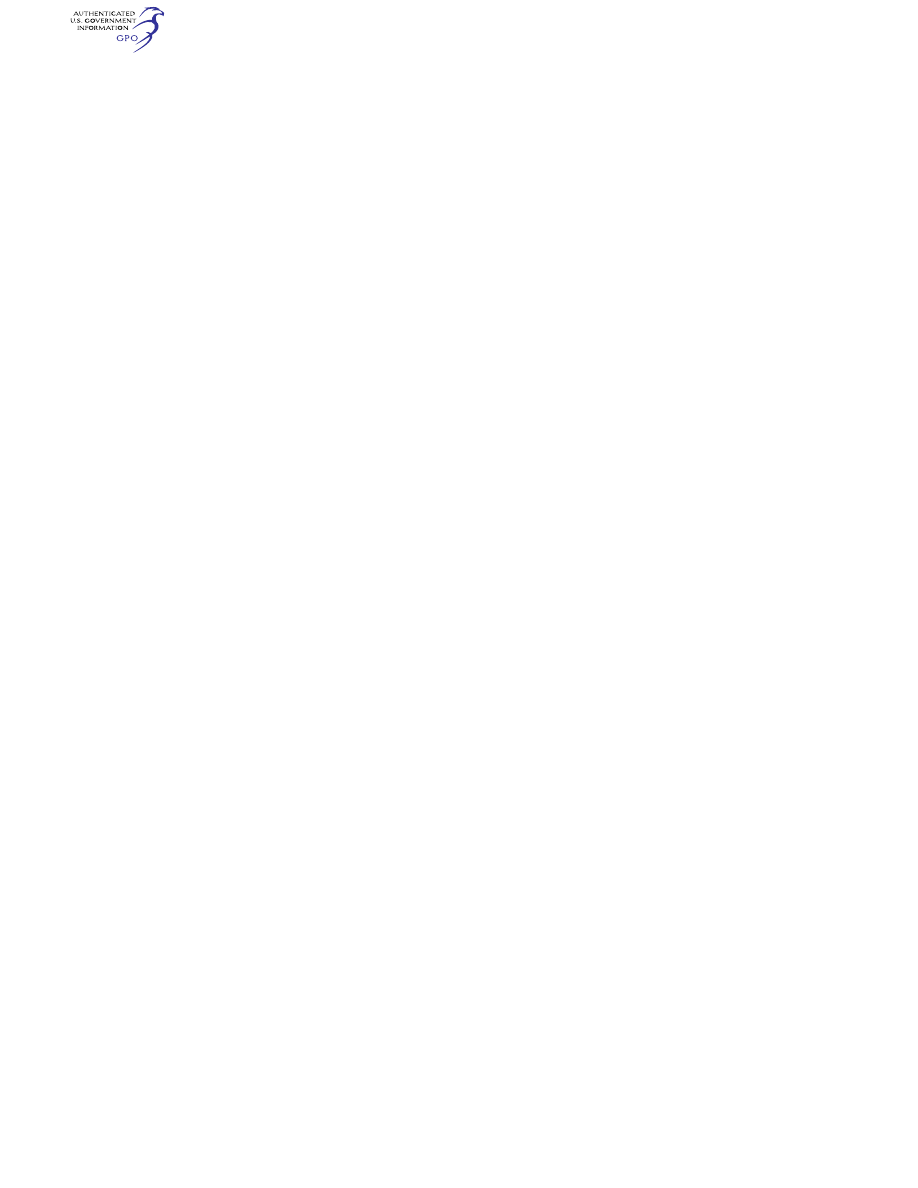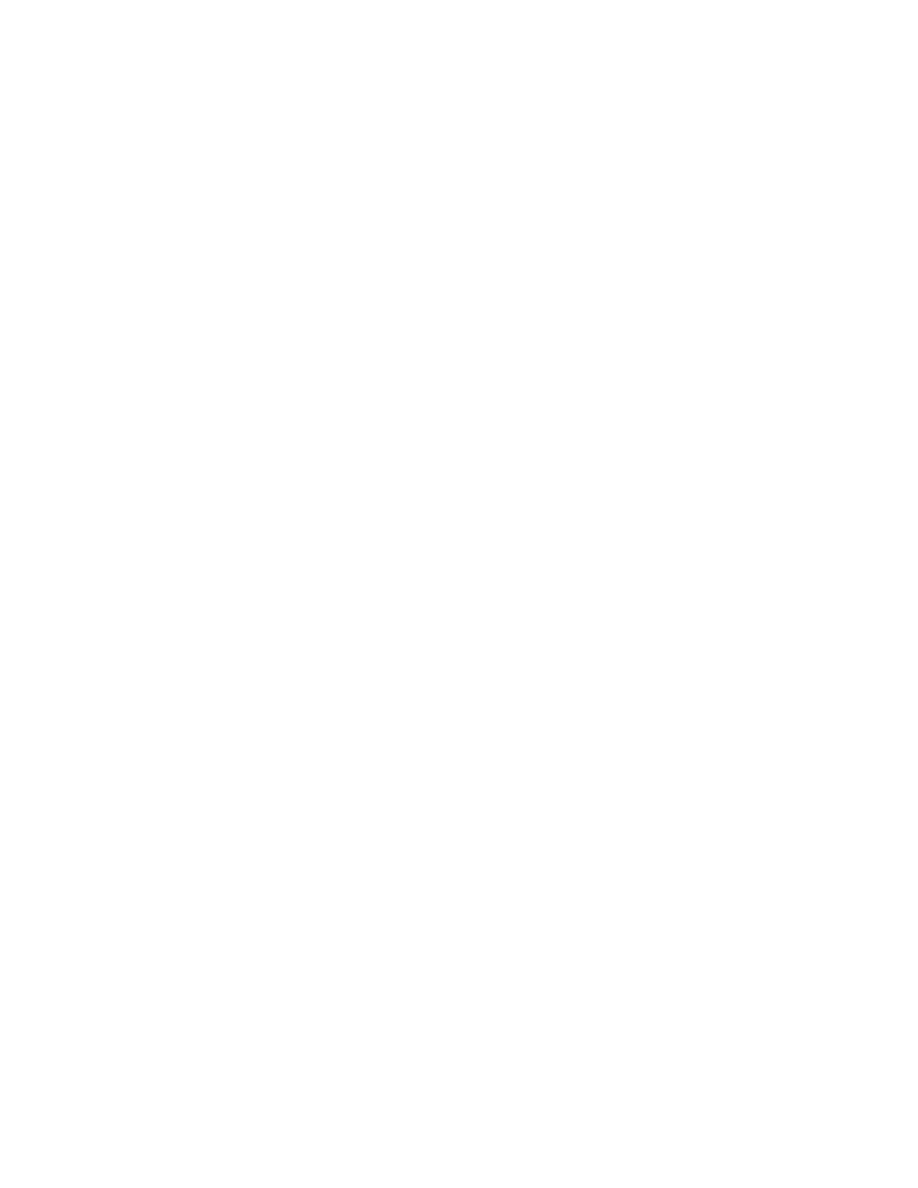
144
14 CFR Ch. I (1–1–24 Edition)
§ 21.37
crew for emergency egress and the use
of parachutes.
(e) Except in gliders and manned free
balloons, an applicant must dis-
continue flight tests under this section
until he shows that corrective action
has been taken, whenever—
(1) The applicant’s test pilot is un-
able or unwilling to make any of the
required flight tests; or
(2) Items of noncompliance with re-
quirements are found that may make
additional test data meaningless or
that would make further testing un-
duly hazardous.
(f) The flight tests prescribed in para-
graph (b)(2) of this section must in-
clude—
(1) For aircraft incorporating turbine
engines of a type not previously used in
a type certificated aircraft, at least 300
hours of operation with a full com-
plement of engines that conform to a
type certificate; and
(2) For all other aircraft, at least 150
hours of operation.
[Doc. No. 5085, 29 FR 14564, Oct. 24, 1964, as
amended by Amdt. 21–40, 39 FR 35459, Oct. 1,
1974; Amdt. 21–51, 45 FR 60170, Sept. 11, 1980;
Amdt. 21–70, 57 FR 41368, Sept. 9, 1992; Amdt.
21–95, 76 FR 64233, Oct. 18, 2011; Doc. No.
FAA–2015–1621, Amdt. 21–100, 81 FR 96689,
Dec. 30, 2016]
§ 21.37
Flight test pilot.
Each applicant for a normal, utility,
acrobatic, commuter, or transport cat-
egory aircraft type certificate must
provide a person holding an appro-
priate pilot certificate to make the
flight tests required by this part.
[Doc. No. 5085, 29 FR 14564, Oct. 24, 1964, as
amended by Amdt. 21–59, 52 FR 1835, Jan. 15,
1987]
§ 21.39
Flight test instrument calibra-
tion and correction report.
(a) Each applicant for a normal, util-
ity, acrobatic, commuter, or transport
category aircraft type certificate must
submit a report to the FAA showing
the computations and tests required in
connection with the calibration of in-
struments used for test purposes and in
the correction of test results to stand-
ard atmospheric conditions.
(b) Each applicant must allow the
FAA to conduct any flight tests that
he finds necessary to check the accu-
racy of the report submitted under
paragraph (a) of this section.
[Doc. No. 5085, 29 FR 14564, Oct. 24, 1964, as
amended by Amdt. 21–59, 52 FR 1835, Jan. 15,
1987]
§ 21.41
Type certificate.
Each type certificate is considered to
include the type design, the operating
limitations, the certificate data sheet,
the applicable regulations of this sub-
chapter with which the FAA records
compliance, and any other conditions
or limitations prescribed for the prod-
uct in this subchapter.
§ 21.43
Location of manufacturing fa-
cilities.
Except as provided in § 21.29, the FAA
does not issue a type certificate if the
manufacturing facilities for the prod-
uct are located outside of the United
States, unless the FAA finds that the
location of the manufacturer’s facili-
ties places no undue burden on the
FAA in administering applicable air-
worthiness requirements.
§ 21.45
Privileges.
The holder or licensee of a type cer-
tificate for a product may—
(a) In the case of aircraft, upon com-
pliance with §§ 21.173 through 21.189, ob-
tain airworthiness certificates;
(b) In the case of aircraft engines or
propellers, obtain approval for installa-
tion on certificated aircraft;
(c) In the case of any product, upon
compliance with subpart G of this part,
obtain a production certificate for the
type certificated product;
(d) Obtain approval of replacement
parts for that product.
[Doc. No. 5085, 29 FR 14564, Oct. 24, 1964, as
amended by Amdt. 21–92, 74 FR 53386, Oct. 16,
2009]
§ 21.47
Transferability.
(a) A holder of a type certificate may
transfer it or make it available to
other persons by licensing agreements.
(b) For a type certificate transfer in
which the State of Design will remain
the same, each transferor must, before
such a transfer, notify the FAA in writ-
ing. This notification must include the
applicable type certificate number, the
VerDate Sep<11>2014
09:06 Jun 28, 2024
Jkt 262046
PO 00000
Frm 00154
Fmt 8010
Sfmt 8002
Y:\SGML\262046.XXX
262046
jspears on DSK121TN23PROD with CFR
